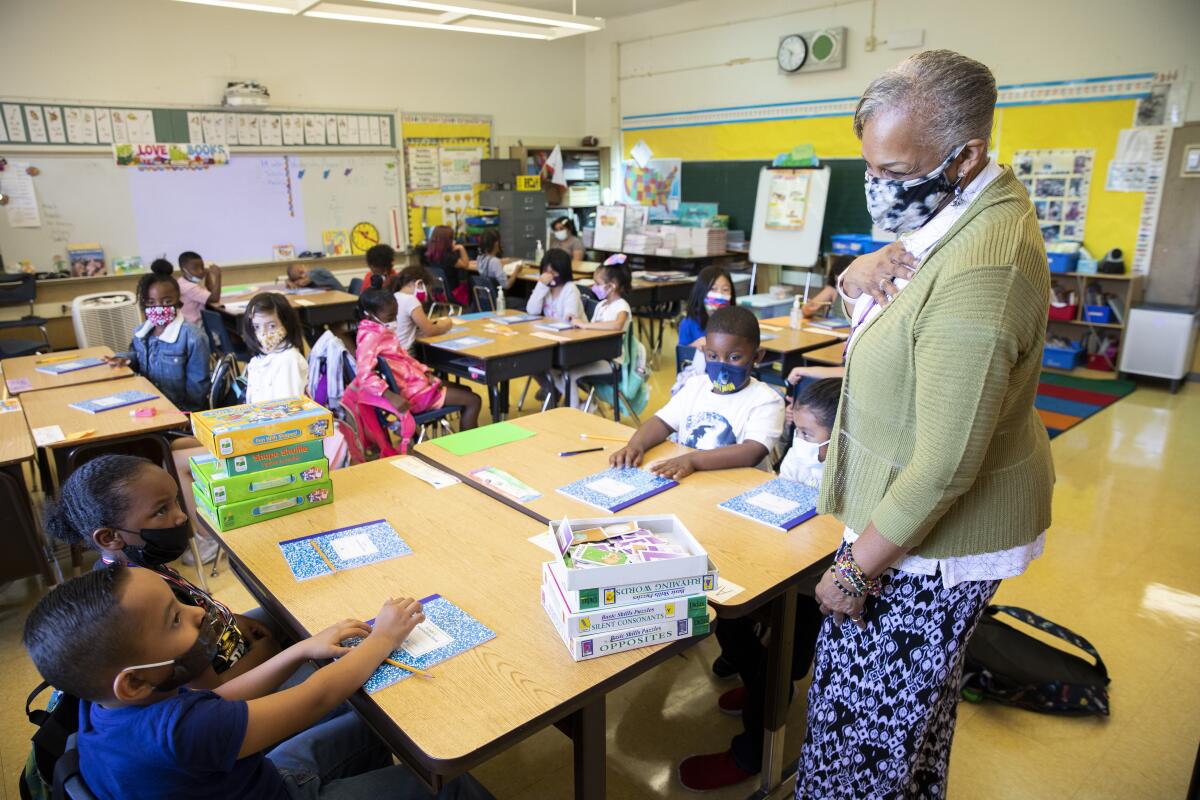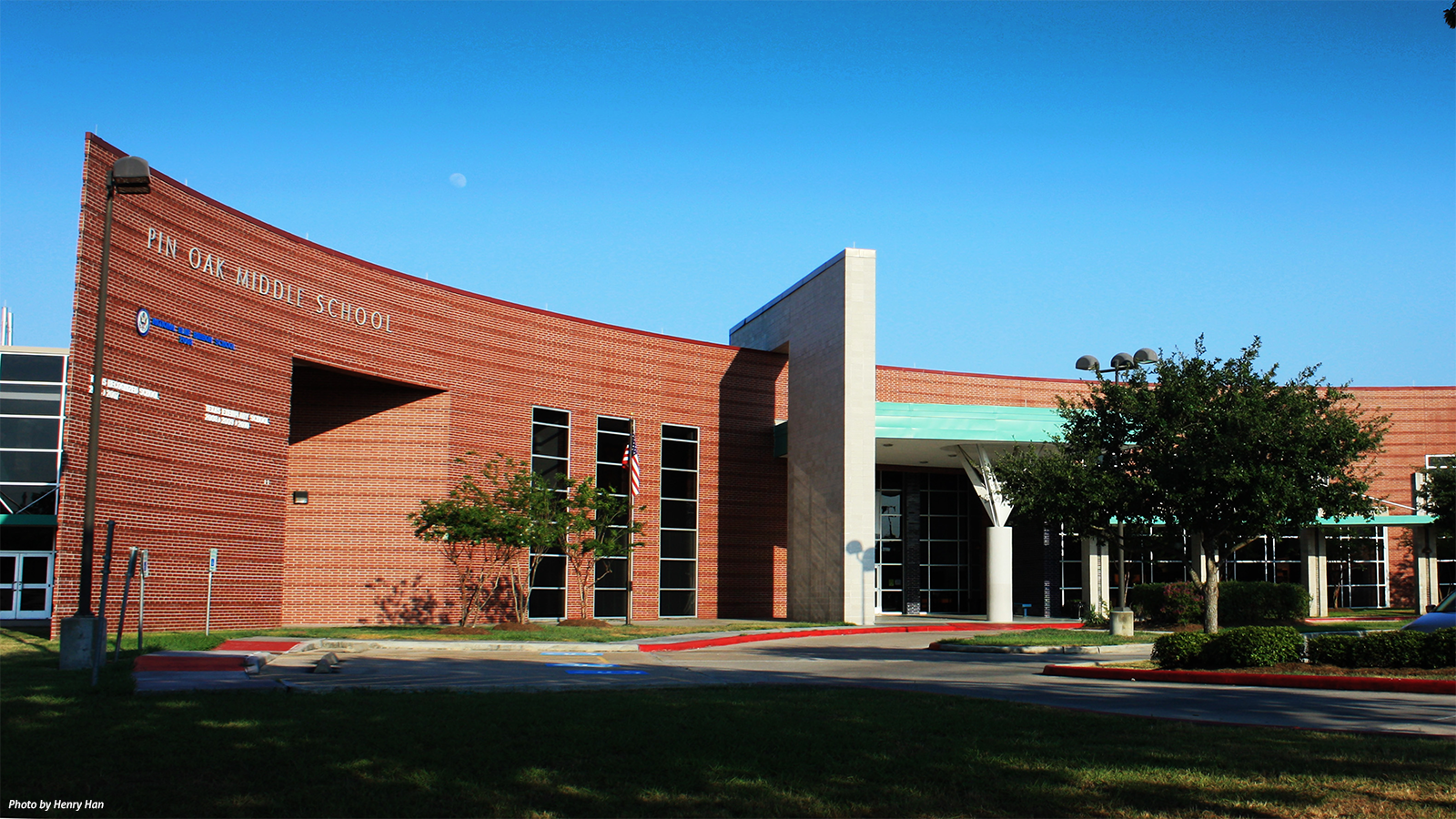Sign up with the Motion to Save Temecula Schools: Community Activity Needed!
Recognizing the Value of Colleges in Youngster Development and Neighborhood Growth
Schools act as pivotal institutions for child advancement and area development, providing environments where scholastic accomplishments are complemented by the farming of social skills and direct exposure to diverse viewpoints. These educational settings not only advertise essential reasoning and reliable interaction but also foster empathy through collective tasks. Schools' engagement with local areas via service-learning initiatives reinforces the bond between households and academic establishments. This symbiotic connection emphasizes the significance of institutions in supporting active citizenship and lifelong knowing routines. What are the specific devices by which these establishments accomplish such profound influences?
Academic Achievement
Academic success functions as a cornerstone of child development, supplying the foundation upon which future knowing and success are built. Colleges play a crucial function in fostering this scholastic development, providing structured settings where kids can obtain crucial understanding and cognitive abilities. Standard curricula ensure that trainees gain effectiveness in core subjects such as maths, science, and language arts, which are essential for both greater education and expert opportunities.
Along with giving essential scholastic skills, schools additionally cultivate essential thinking, analytic capacities, and intellectual interest. These cognitive competencies are essential for browsing complicated real-world situations and adapting to the ever-evolving demands of the modern-day office. Educators, as facilitators of learning, employ varied pedagogical techniques to deal with different learning designs, consequently making the most of specific trainee capacity.
Additionally, academic success is closely linked to self-worth and motivation. Youngsters that experience scholastic success are more probable to develop a favorable self-concept and a long-lasting enthusiasm for knowing. Colleges also use different resources, such as libraries and innovation, which additionally enhance the academic experience and prepare students for a technically innovative culture.
Social Ability Growth
Beyond academic achievement, the role of schools in social ability advancement is crucial. Schools function as a main location for youngsters to find out and exercise important social abilities such as collaboration, interaction, and conflict resolution. In the organized environment of a classroom, trainees connect with peers, teachers, and other school personnel, supplying countless opportunities to create these critical abilities.
Effective social skill development in institutions is promoted with group activities, collaborative jobs, and extracurricular programs. These communications assist trainees comprehend social standards, develop empathy, and promote a feeling of community. Group projects teach trainees how to work together towards an usual objective, listen to different viewpoints, and browse disagreements constructively.

The cultivation of social skills during institution years lays a foundation for future personal and expert connections. Save Temecula Schools. As students develop, the ability to efficiently work together and communicate becomes significantly crucial, emphasizing the institution's important duty in all natural child advancement
Direct Exposure to Diversity
Exposure to diversity in institutions is fundamental to fostering a comprehensive mindset and widening students' point of views. Schools offer as a microcosm of the more comprehensive society, and running into diverse cultures, languages, and socioeconomic histories within this environment gears why not try here up trainees with necessary skills for navigating a progressively globalized world. This direct exposure motivates empathy, decreases prejudices, and advertises common respect among peers.
Diverse class also improve cognitive and social growth. Study indicates that trainees that communicate with peers from different histories exhibit better analytic abilities and creative thinking. They learn to appreciate different point of views, which improves class discussions and cultivates an extra vibrant learning experience. This understanding of diversity prepares students for future offices that worth modern proficiency.

Community Engagement
The benefits of varied classrooms prolong past the college wall surfaces, fostering a strong sense of community interaction among trainees. By engaging with peers from numerous social, socioeconomic, and ethnic histories, pupils gain a broader perspective and an admiration for variety. This direct exposure urges them to come to be energetic people that agree to add favorably to their neighborhoods.
Institutions that highlight neighborhood interaction typically integrate service-learning jobs, which enable students to address real-world problems while using scholastic abilities. These jobs not only enhance students' understanding of their coursework yet additionally impart a sense navigate to this website of responsibility and empathy. Partnerships between schools and regional organizations give trainees with chances to take part in neighborhood events, further strengthening their role as proactive community participants - Save Temecula Schools.
Furthermore, adult and community involvement in institutions strengthens the bond in between academic institutions and the neighborhoods they offer. Through these efforts, schools play a crucial duty in supporting neighborhood interaction and fostering societal growth.
Lifelong Understanding Practices
Developing lifelong learning habits is essential for a youngster's continual development and versatility in an ever-changing globe. Institutions play an essential function in instilling these habits by producing an atmosphere that cultivates interest, critical thinking, and a love for understanding. With varied educational programs and extracurricular activities, teachers encourage students to check out different topics, evaluate information seriously, and use their learning to real-world situations.

Furthermore, colleges offer an organized environment where kids can create self-control and time monitoring skills, both of which are important for continual learning. By highlighting the value of establishing objectives, showing on development, and adjusting strategies, academic organizations prepare trainees to navigate the intricacies of grown-up life, guaranteeing they remain long-lasting students and contributors to society.
Final Thought
To conclude, colleges are important in promoting youngster growth and area growth by providing environments for academic accomplishment, social ability growth, and exposure to diversity. Through collective jobs and communications, schools boost essential reasoning, compassion, and interaction abilities. Community engagement initiatives even more strengthen the bond between regional communities and educational institutions. Ultimately, institutions grow long-lasting discovering routines, furnishing individuals with the essential knowledge and abilities to add favorably to society.
In the structured environment of a classroom, pupils engage with peers, educators, and other institution staff, supplying many possibilities to establish these critical abilities.
In significance, direct exposure to diversity within colleges not only improves private pupils however likewise reinforces the social textile of the community as a whole.
The advantages of diverse classrooms extend beyond the college walls, fostering a strong feeling of area involvement amongst students.Schools that highlight community involvement usually integrate service-learning projects, which allow students to deal with real-world troubles while using academic abilities. Partnerships between schools and regional companies supply students with opportunities to get involved in community official source events, even more solidifying their function as positive area members.